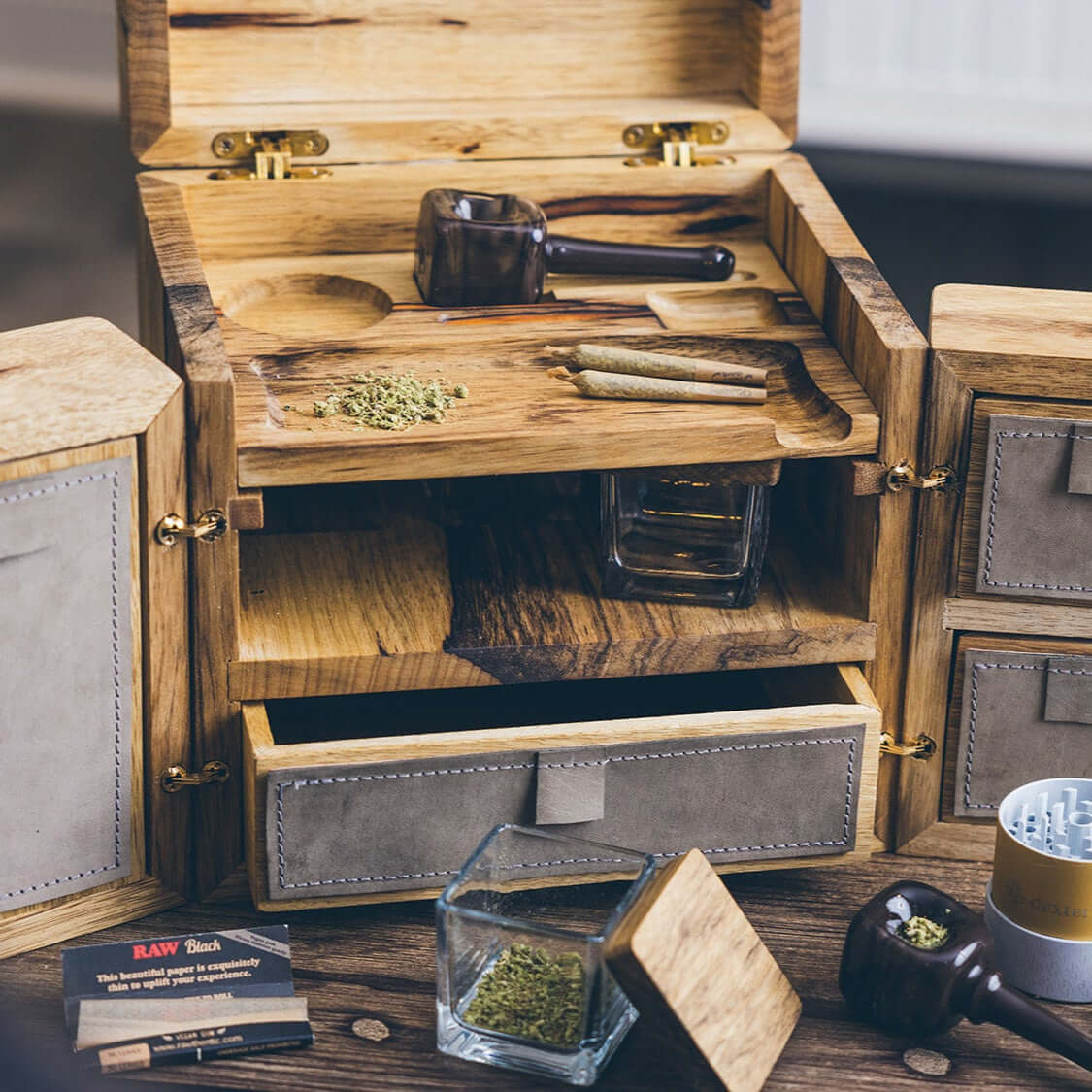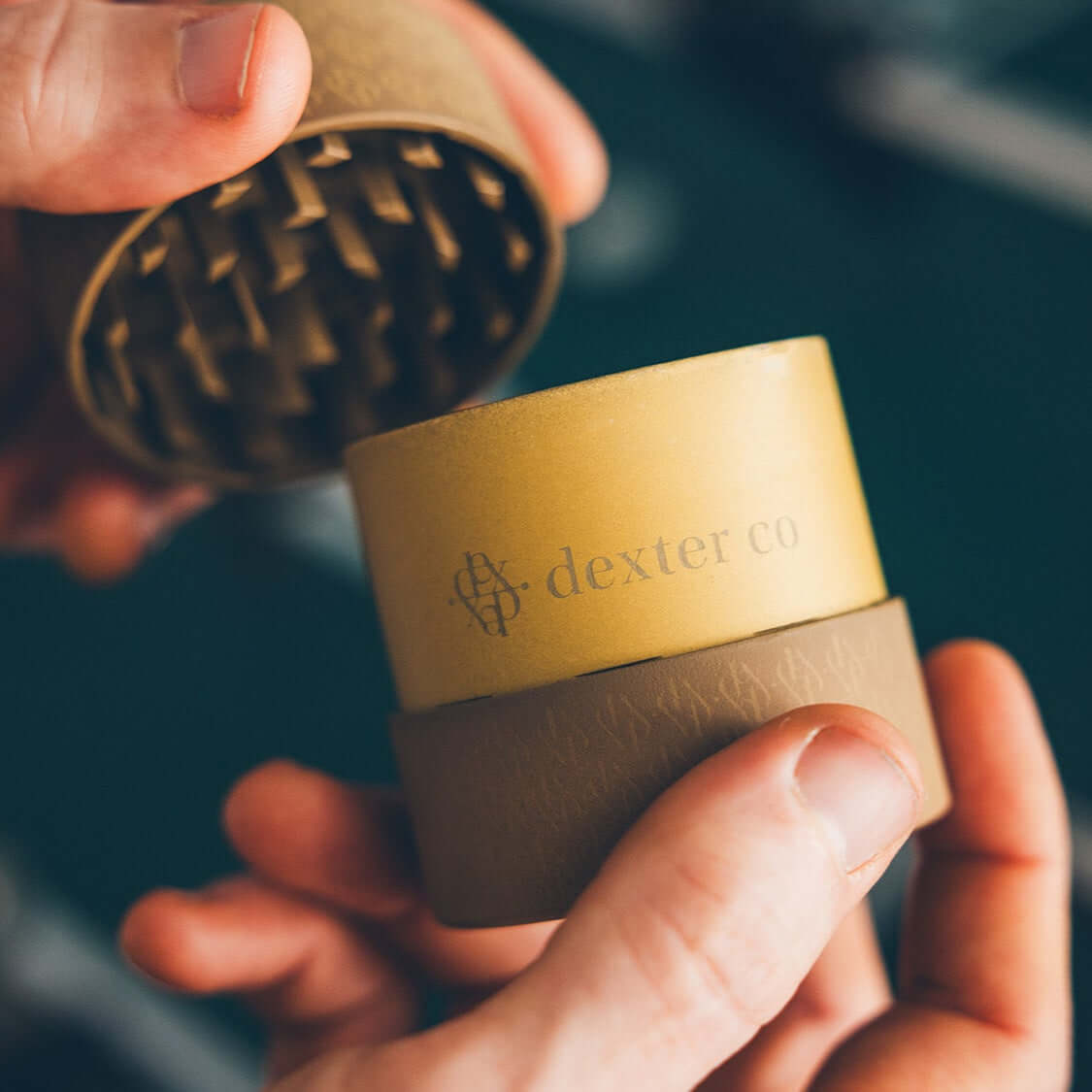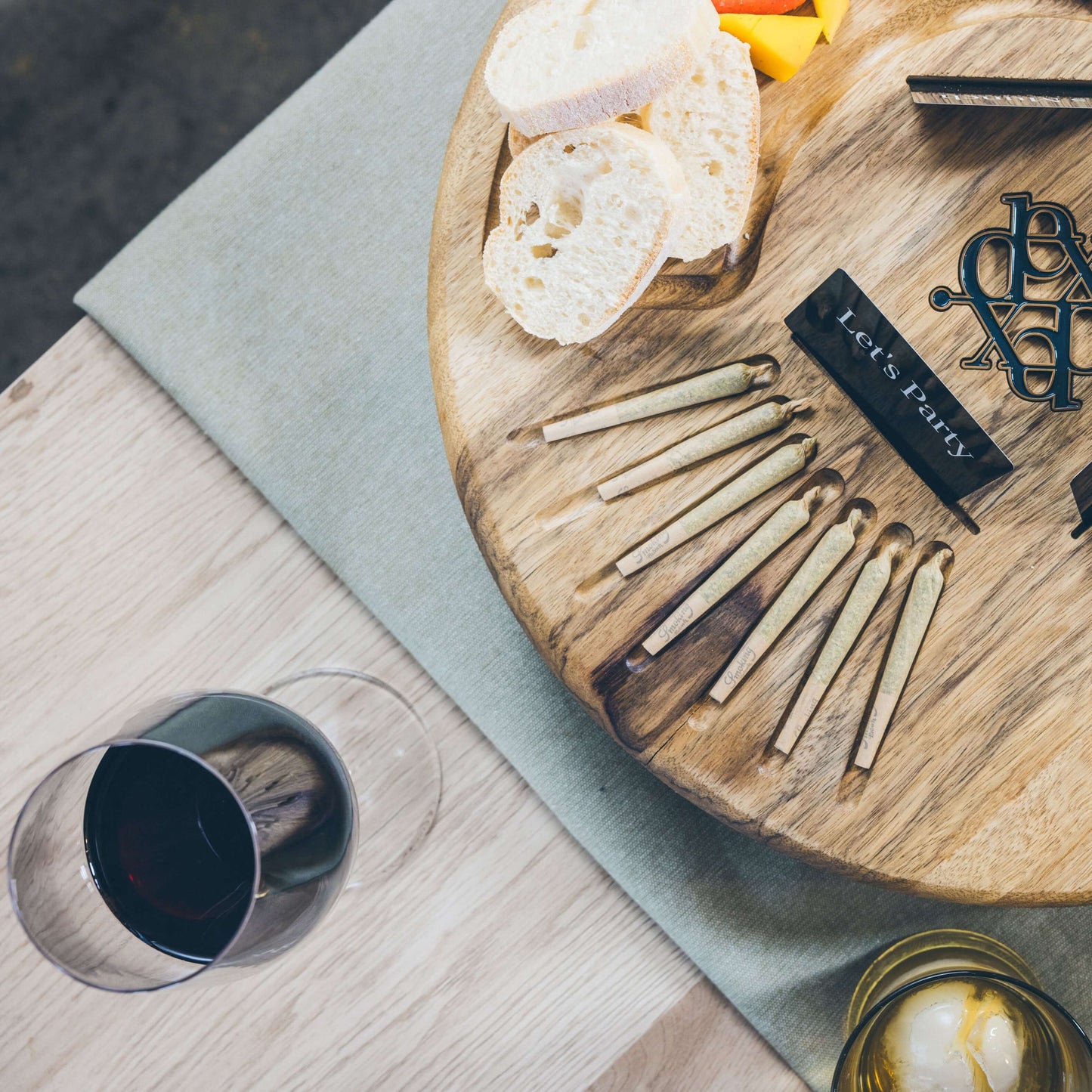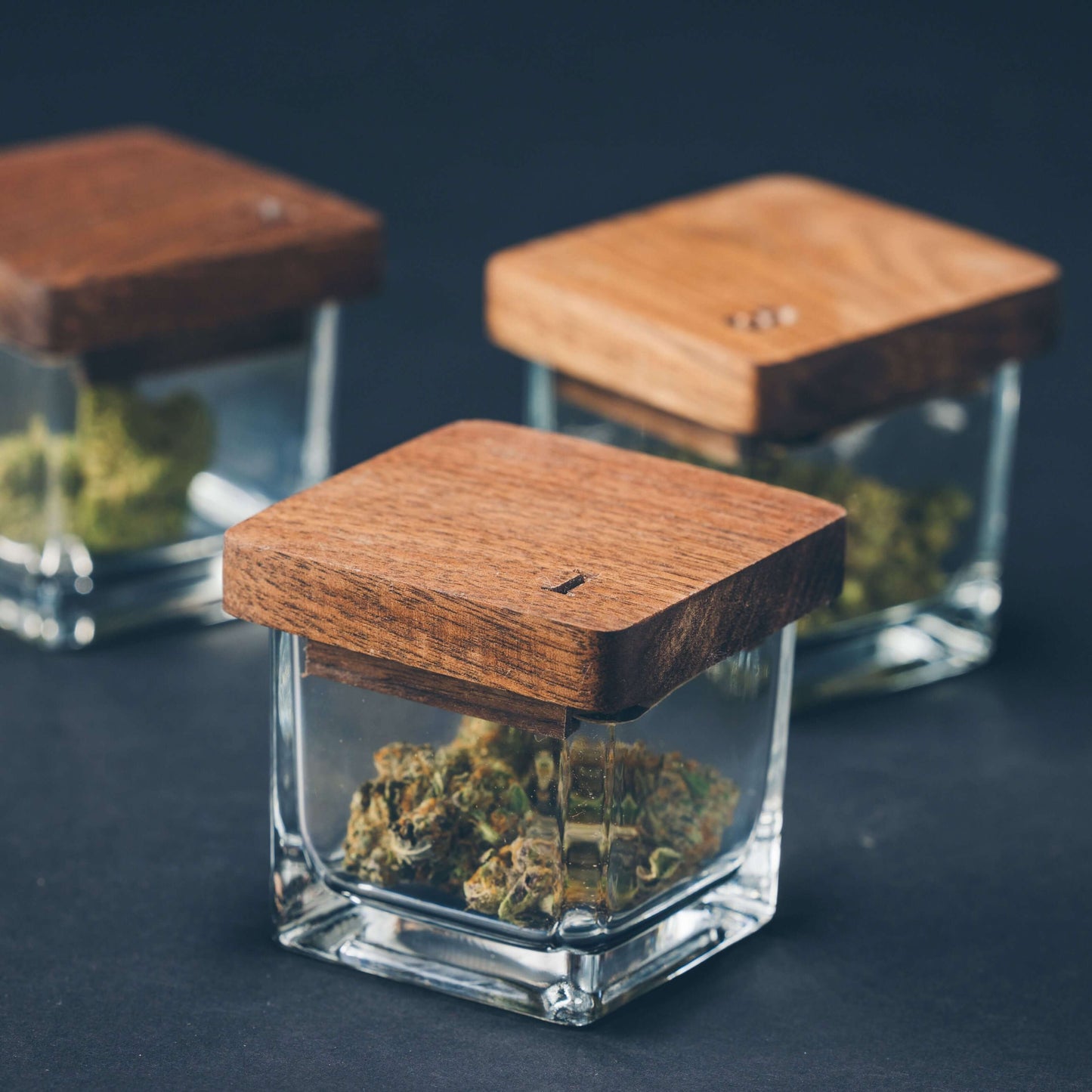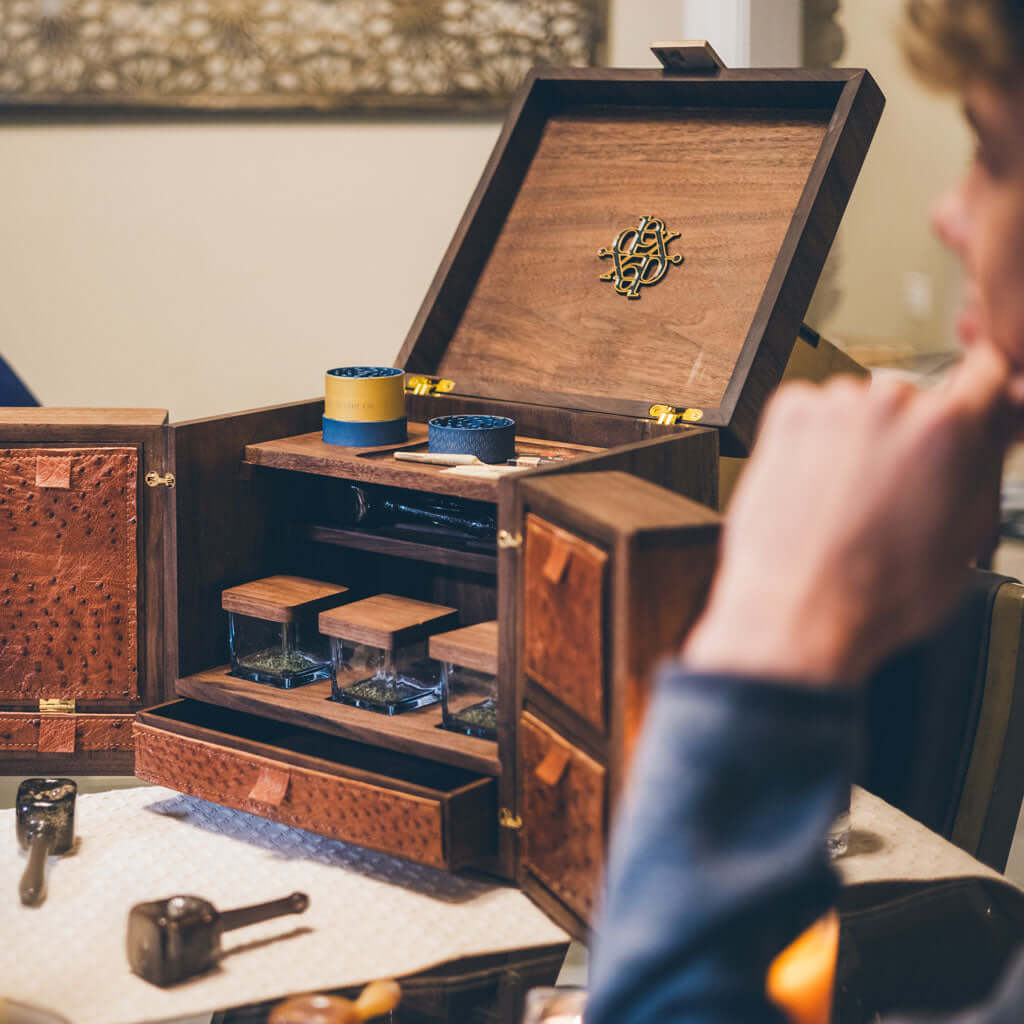
IMO No.15: “Still With the Lazy Stoner Thing? Grow Up.”
CYA Disclaimer
If you’re currently unemployed, living in your parents’ basement, surrounded by empty pizza boxes, and wondering why nobody takes your dreams of becoming a “professional vibes curator” seriously… this article might sting. That said, it’s not about you—unless it is about you.
Also, because apparently we live in a world where people might take opinions from a stranger on the internet as medical gospel: I am not a doctor, therapist, pharmacist, or life coach (unless being really good at brunch counts). This is not medical advice. Don’t change your medications or major life choices because a cannabis article made you feel something. Talk to your actual doctor—the one with a stethoscope and malpractice insurance. My legal team says I have to say that. Thanks, Legal. You’re doing amazing!
There’s one in every graduating class. You know the guy. Khaki weed-leaf hat. Bob Marley flag. Smelled like Axe body spray and bong water. Barely made it to third period and somehow thought Pineapple Express was a documentary. He’d corner you at lunch to tell you, unprovoked, about the government’s secret weed agenda. You know—that guy.
And for some reason, that guy became the blueprint for what people still assume every cannabis user looks like.
The Lazy Stoner. The underachiever. The deadbeat. The Dude, Where’s My Car? of it all. Somehow, this caricature has survived decades of evolution in cannabis culture, science, and law reform. It’s like everyone else got iPhones and started using AI, and this stereotype’s still rolling joints in his sock drawer and missing rent.
Let me be clear: I know that guy. You probably do too and we love them. But here’s the kicker—he’s not most cannabis users. He’s not even many cannabis users. He’s a relic of the past that keeps getting dragged into the present like a stoner-themed ghost of Christmas cliché.
A Little History, a Lot of BS
To understand how we got stuck with this narrative, you have to remember that cannabis didn’t just fall into stereotype—it was pushed. Hard.
From the Reefer Madness propaganda of the 1930s to the Nancy Reagan-led “Just Say No” era, cannabis users have always been painted as either criminals, addicts, or lazy losers. And when fear-based messaging started to wear thin, Hollywood picked up the torch and ran with it.
Suddenly, every on-screen stoner was a one-dimensional burnout. Jeff Spicoli. Cheech and Chong. The entire cast of Half Baked (one of my favorite movies ever). Harmless? Maybe. But when the only story told is “weed makes you dumb and lazy,” people start to believe it’s gospel.
Meanwhile, in real life, cannabis users were holding down jobs, raising kids, paying taxes, and sometimes—gasp—achieving great things.
What the Data Says (Spoiler: It’s Not Couch Lock)
- According to a 2023 Pew Research study, more than half of U.S. cannabis users make over $75,000 a year, and many hold positions in education, tech, and healthcare.
- A 2022 survey by NORML found that cannabis users were just as likely—if not slightly more so—than non-users to exercise regularly and eat healthy.
- In fact, a 2021 meta-analysis of cannabis and motivation showed no significant link between moderate cannabis use and decreased ambition. You know what was linked to lower motivation? Burnout, depression, and—you guessed it—chronic boredom, not chronic cannabis.
So no, Karen, your neighbor who microdoses sativa edibles before yoga isn’t lazy. She’s just not drinking a whole bottle of wine and hate-scrolling Facebook like you are.
The Modern Cannabis Consumer: Not Who You Think
Let’s update the mental picture, shall we?
Modern cannabis users are your Pilates instructor. Your CPA. Your sister-in-law with the Pinterest-perfect house and four color-coded Google Calendars. They’re the night-shift ER doc who uses a 5mg gummy to finally sleep after 14 hours of chaos.
They are not—I repeat not—all ditching their responsibilities to “just vibe.” They’re using cannabis with intention. To manage anxiety. To sleep better. To fuel creativity or unwind without a hangover.
Sure, some folks still use it to turn off the world for a while—and that’s valid too. But laziness isn’t a side effect of cannabis. It’s a choice. And let’s be honest, some people would be lazy without cannabis—they’re just now better rested.
Functioning vs. Performing
Here’s where we need a little nuance: some people equate productivity with morality. If you’re not hustling 24/7, you're "wasting your potential." But what if some of us are just... tired?
We’re tired of pretending that burnout is a badge of honor. That 5 hours of sleep is noble. That numbing yourself with alcohol is normal but managing your stress with cannabis makes you suspect.
Using cannabis to function is not the same as using cannabis to perform. One is survival, the other is performance art for capitalism. And maybe it’s time we stop conflating the two.
The Lazy Stoner myth thrives in a world that worships overachievement. So when someone dares to be chill, to prioritize balance, or to opt out of the “rise and grind” lifestyle, they’re labeled as lazy. Cannabis just becomes the scapegoat.
Let’s Talk About Actual Lazy People
You know who’s lazy? The guy who won’t Google anything and texts you every time he can’t find a setting on his phone. Or the relative who shows up empty-handed to every family event but still takes leftovers. Or that coworker who somehow always disappears when it’s time to clean out the breakroom fridge.
These people aren’t lazy because of cannabis. They’re just lazy. Cannabis didn’t do that. You know what probably did do that? A complicated cocktail of personality, environment, and maybe a few too many participation trophies. Let’s not blame the plant—it’s not that powerful. And let’s be honest, we’re all on the lazy spectrum. Some more than others. I consider myself lazy—but I get my stuff done. That’s the difference.
Laziness is a character issue, not a cannabis side effect. Let’s not confuse correlation with causation. I’ve seen more ambition in a dad with a vape pen and two side hustles than in some “go-getters” with motivational quotes in their bios.
The Real Damage of the Stereotype
Here’s where this gets serious. The Lazy Stoner narrative isn’t just annoying—it’s harmful.
It’s used to discredit people. It’s weaponized in court cases, custody battles, and job applications. It’s why a parent who uses cannabis responsibly can still be seen as unfit. It’s why professionals hide their cannabis use like it’s a dirty secret while openly posting margarita memes on LinkedIn. We’ve also put way too many people in jail for something that’s now legal, trendy, and apparently makes a great candle scent. That’s just wrong—and we need to fix it. But that’s a whole other IMO article.
The stereotype holds us all back. It keeps policy from moving forward. It reinforces stigma and shame.
It silences the millions of people who could benefit from cannabis but are too scared of being labeled.
And maybe worst of all? It lets us write people off instead of understanding them. “Oh, he smokes weed, that’s why he’s like that.” That’s lazy thinking. Ironically.
Grow Up and Look Around
If you’re still clinging to the Lazy Stoner trope, it might be time to update your files. That guy you knew in high school? He either grew up—or didn’t. But either way, he’s not the mascot anymore.
Today’s cannabis culture is broad, diverse, and full of people living full, meaningful lives. They vote. They volunteer. They start companies. They take care of kids and aging parents and still manage to go to therapy once a month.
Cannabis doesn’t make people lazy. The same way coffee doesn’t make you a Type A legend. It’s a tool. What you do with it is what matters.
So the next time someone makes a lazy stoner joke, feel free to laugh—then invite them to your next Dex dinner party where the guest list includes a neurosurgeon, a kindergarten teacher, and your Aunt Trish who just ran her third half-marathon.
Turns out, the lazy stoner wasn’t so much a type as he was a moment in time. And let’s be real—that moment has passed.
Coming Up Next…
IMO No.16: Cannabis Is a Tool, Not a Destination
Sure, cannabis can elevate a moment—but it’s not the moment. Next week, we’ll talk about how cannabis fits into a bigger picture of wellness, creativity, and connection—without becoming the whole picture.

